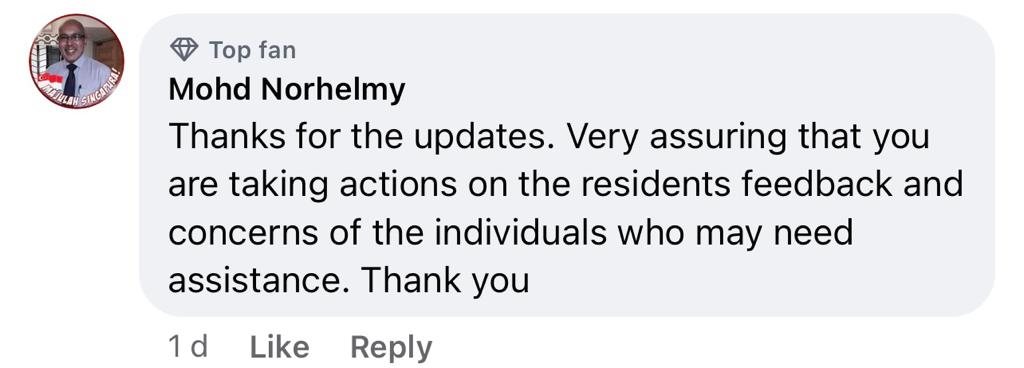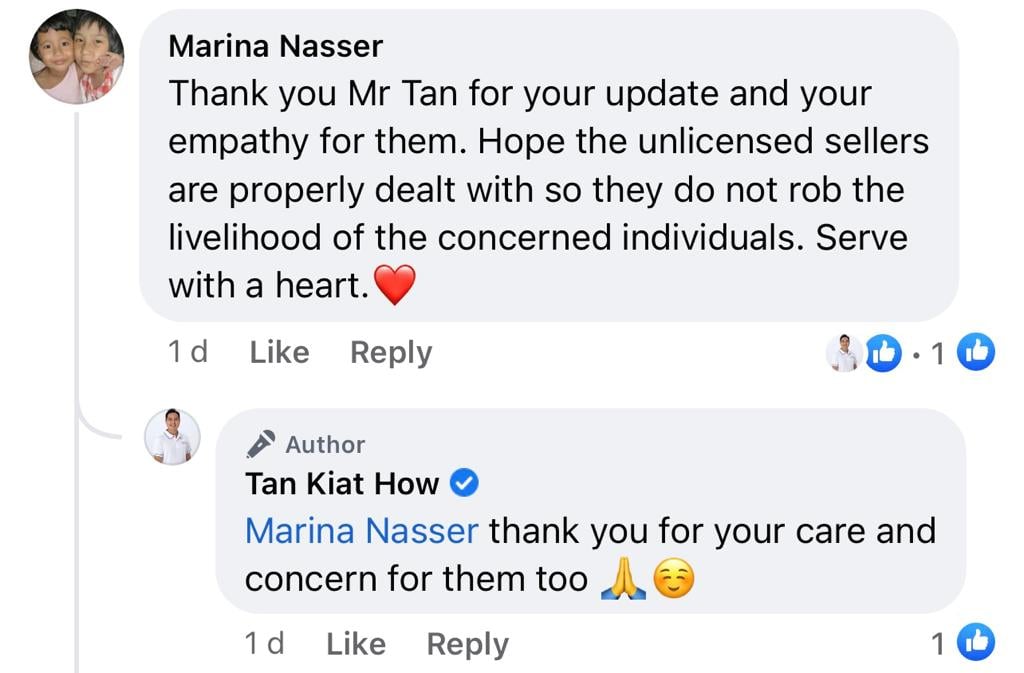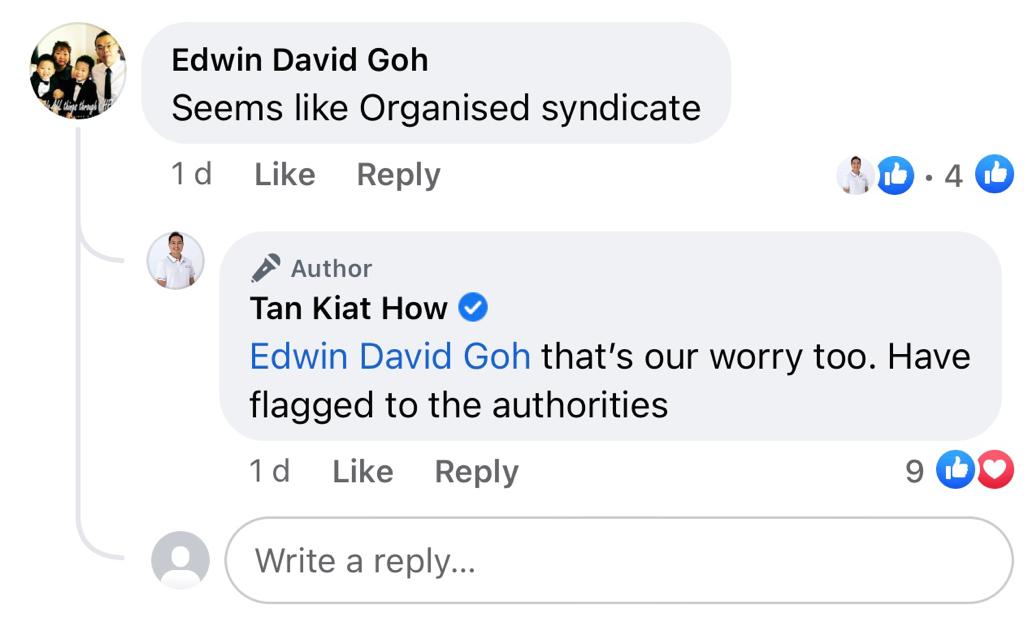You probably already know about the media attention tissue sellers in Bedok have been receiving.
There were reports of an elderly woman earning up to $300 daily by selling tissue.
She allegedly even has a domestic helper.
Since then, East Coast GRC MP Tan Kiat How has responded to the situation.
Mr Tan Addresses Concerns
On 24 February, Mr Tan posted a Facebook post to address the public’s concerns about the growing number of tissue sellers in the area.
He acknowledged that some people were concerned if there was sufficient assistance for tissue sellers, especially those who were elderly or disabled.
He also acknowledged the other concern that the licensed tissue sellers could be disadvantaged, especially since some unlicensed tissue sellers appeared to be part of an organised group.
Mr Tan clarified that the licensed tissue sellers around Bedok Interchange were familiar faces and lived around the area.

He said, “Our grassroots volunteers and community partners like Thye Hua Kuan FSC @ Bedok North have been engaging them.”
Besides providing reassurance, Mr Tan also emphasised that the licensed tissue sellers each had reasons for selling tissues.
He also emphasised that their stories were for them to tell.
He added, “On our part, we will continue to support them as best as we can and based on their preferences. We will also avoid posting photos to protect their privacy.”
Aware of Unlicensed Tissue Sellers
While it is reassuring that the licensed tissue sellers have been receiving help from grassroots volunteers and community partners, Mr Tan also wrote about the more concerning side of the situation.
As it turns out, Mr Tan and his team were aware of the presence of unlicensed tissue sellers.
He noted that some have reported these individuals coming and leaving together in a van.
He and his team have since informed the relevant authorities.
Warning letters have also been issued to the unlicensed tissue sellers.
Mr Tan said, “I would like to thank the many generous and kind-hearted Singaporeans who have been supporting these tissue sellers. But do support the licensed ones.”
Possibly an Organised Syndicate
It appears Mr Tan’s well-timed update reassured netizens that licensed tissue sellers were receiving sufficient help.

Some also praised Mr Tan for his empathy and hoped that the unlicensed tissue sellers would be appropriately dealt with.

However, some netizens have expressed concerns that the unlicensed tissue sellers are part of an organised syndicate.
After all, coming and leaving together in a van is a little suspicious.

In response to such concerns, Mr Tan wrote, “That’s our worry too.”
Increase in Number of Tissue Sellers at Bedok Interchange
Mr Tan’s Facebook post comes in response to the increase in tissue sellers around Bedok Interchange.
People have been posting their observations on social media, including this Xiao Hong Shu user who uploaded a photo to the Chinese social media platform and commented on the recent increase of tissue sellers.
A few days ago, 8world reporters visited the area and saw three people selling tissues.
The tissue sellers were an amputee in his 60s who was a wheelchair user, an elderly woman and younger man with a low IQ.
However, 8world reported that none of the interviewees had applied for assistance from the relevant authorities.
Though the younger man’s father had applied for a license on behalf of his son, it was not approved.
Join our Telegram channel for more entertaining and informative articles at https://t.me/goodyfeedsg or follow us on Twitter : https://twitter.com/goodyfeed
Street Hawking Scheme
Under Mr Tan’s Facebook post, a netizen asked how to differentiate a licensed tissue seller from an unlicensed one.

Tissue sellers are required to be licensed under the National Environment Agency’s (NEA) Street Hawking Scheme.
Licensed street hawkers sell specific approved items such as newspapers, lottery tickets, ice cream, nuts, crackers, canned drinks, toiletries and tissue papers, to name a few.
They are also required to display their licenses when conducting their businesses.
Licensed street hawkers must also sell their items at fixed locations in public places that the Town Council has decided on.
Those under the scheme must pay an annual licence fee of $120.
A previous statement by NEA in 2014 suggested that there may be better long-term solutions than street hawking for someone trying to earn a living.
For instance, it suggested that such people may be better off picking up new skills through government-funded programmes.
Furthermore, it clarified that local illegal street hawkers with genuine financial difficulties are referred to social service agencies, Voluntary Welfare Organisations (VWOs) and self-help groups.




